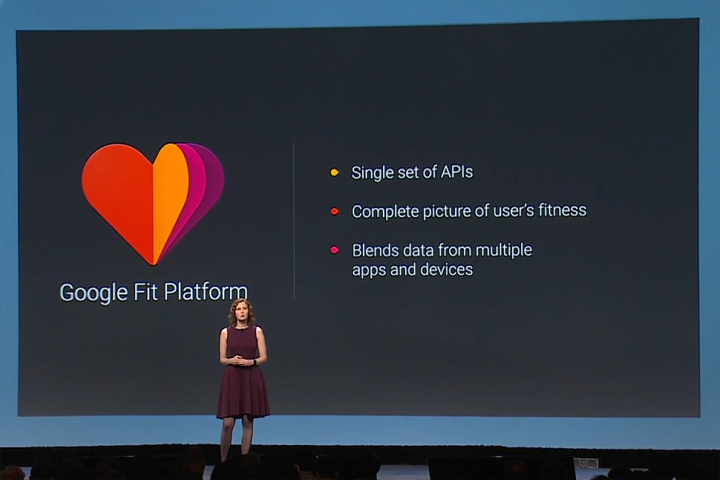
The news comes from Mary Liz McCurdy, who is the head of Health and Fitness Apps for Google Play and she says that health-tracking applications are set to become a lot more useful by using as much information as possible. For example, your fitness app could recommend how to eat better, what kind of exercises to do, and so on.
“People are willing to pay and they’re willing to spend a lot of time working out, so these [apps] are all just different pocket-sized personal trainers that continue to improve and get more adaptive and smart with time,” McCurdy said in an interview at South by Southwest. “This is augmenting your experience if you actually have a condition. That doesn’t mean that you do not need to go to the doctor, it just means you’re an informed citizen. You’re in control of your health.”
It’s likely we will continue to see updates to Google Fit as time goes on and Google showed its focus on the service in the last few months.
Of course, there are some issues with this kind of tracking. Some are concerned about handing over health and fitness data to companies like Google or Apple, as that information could eventually be used for advertising. That doesn’t mean that it will be — just that it could.
Editors' Recommendations
- Google has a magical new way for you to control your Android phone
- Google is making it easier for you to find and download Android apps
- Google is launching a powerful new AI app for your Android phone
- Don’t update your Google Pixel phone — you might break it
- Use Comcast for internet? Your personal data may have been hacked

